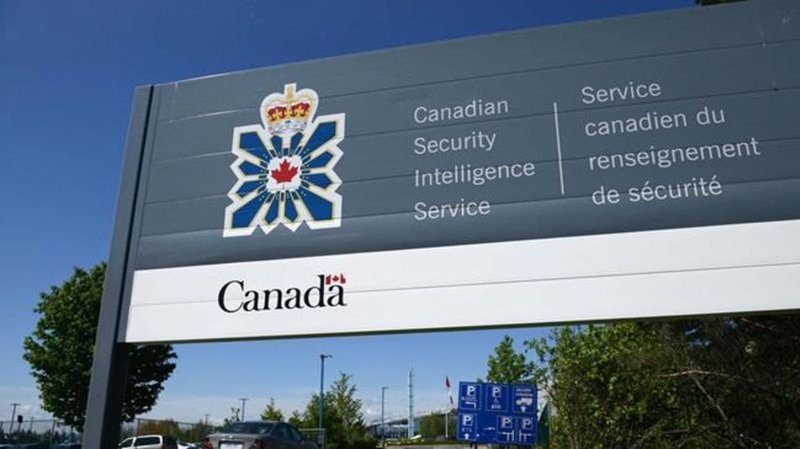
CSIS warns of espionage from foreign adversaries on AI : In The News for Feb. 22
In The News is a roundup of stories from The Canadian Press designed to kickstart your day. Here is what’s on the radar of our editors for the morning of Feb. 22 …
What we are watching in Canada …
Canada’s spy service warns that adversaries will turn to espionage and foreign interference tactics to target the country’s increasingly important artificial-intelligence sector.
The Canadian Security Intelligence Service says in a newly released analytical brief that countries including China and Russia can be expected to “pursue Canada’s AI through all available vectors” — from state-sponsored investment to the use of covert operatives.
